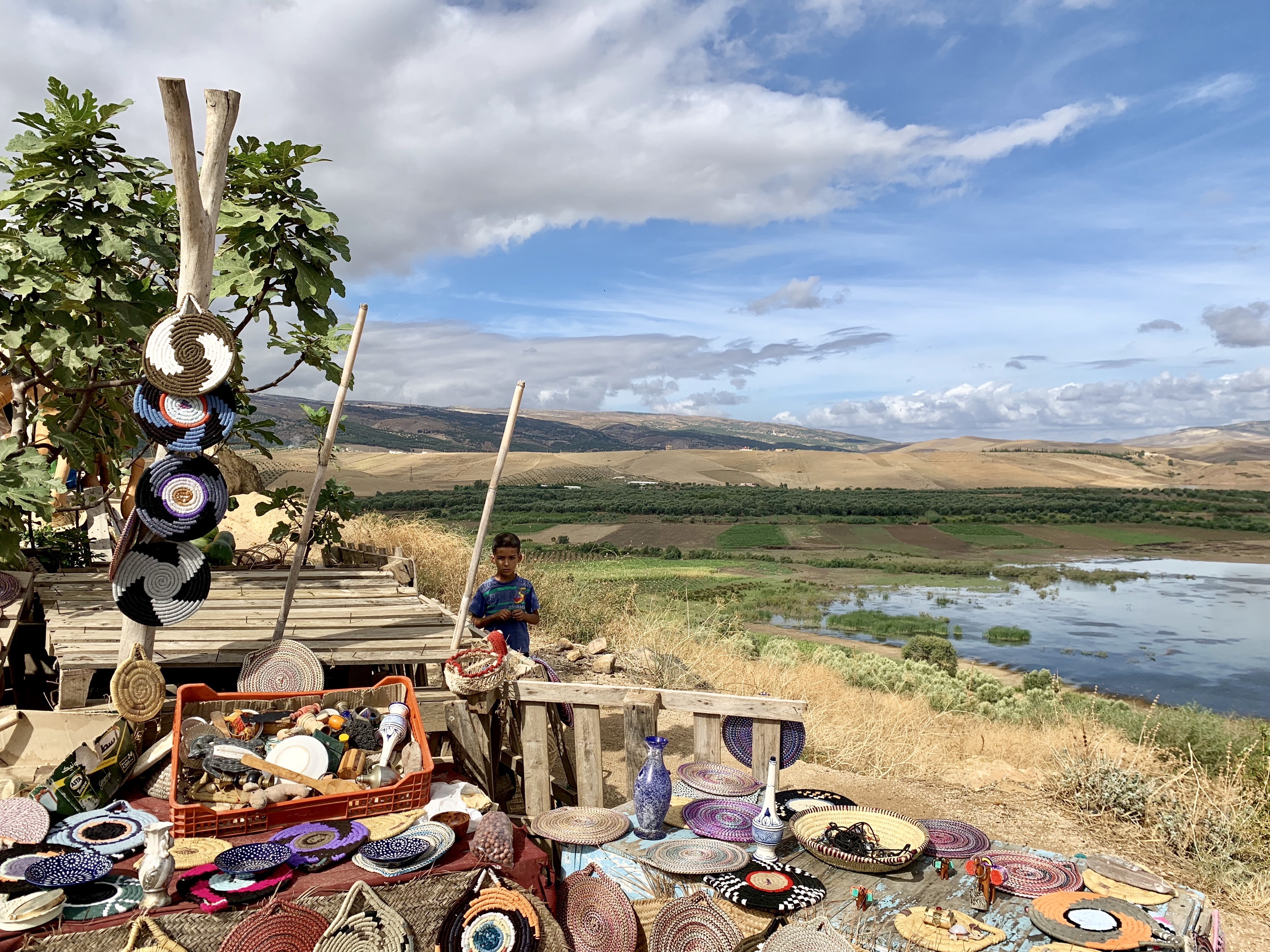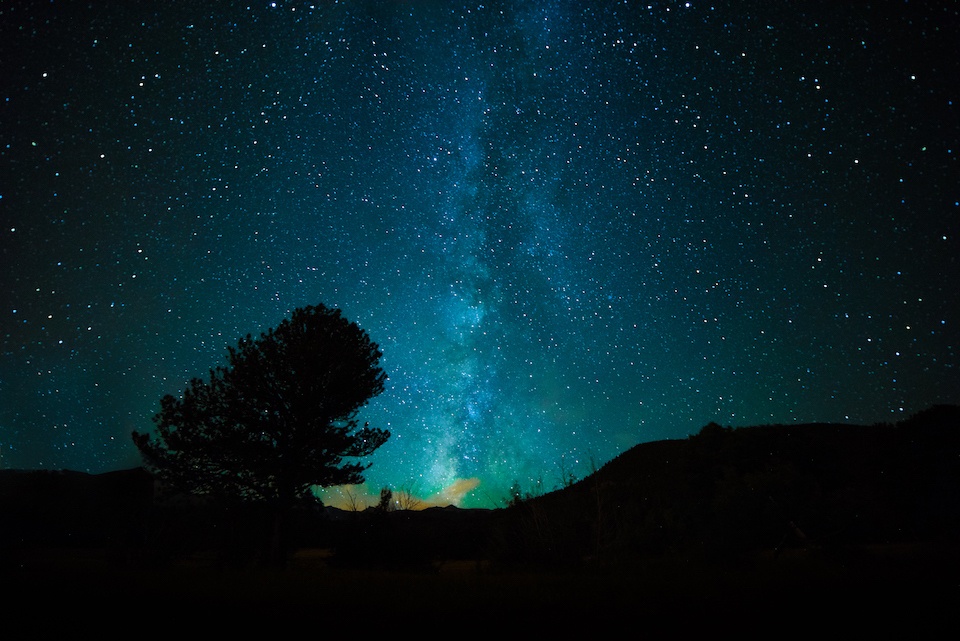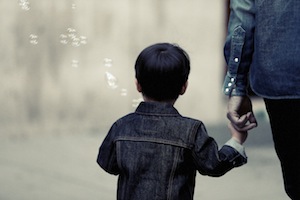I haven’t written in a while, but I’ve certainly had some things in mind to share; and I’m grateful to have that opportunity now. As some of you know, I spent a couple of weeks away this month on a visit to Morocco and Spain. It was my first time in Morocco, and though it was a wedding in Marrakech that brought me there, I got a chance to experience a few other parts of the country and enjoy some of the many riches it has to offer. I had few expectations going into the trip; and I’m glad for that, because nothing could have prepared me for the journey it turned out to be. While I was there, and since coming home, I’ve done a lot of reflecting on what I experienced and what all of it had to teach me.
From the moment my flight touched down in Marrakech, I was overcome by the energy of this new place. My senses were overloaded, and it took effort to stay centered. There was so much to take in, so many things around me demanding my attention, something unexpected at every turn. I felt completely scattered, yet totally present. Time flew by while somehow seeming to drag on forever. It was a dizzying experience that, oddly enough, led me to feel more grounded than ever.
Getting immersed in a new place requires a certain degree of surrender, a releasing of patterned ways of thinking and being. But the truth is, we don’t need to stamp our passports to get this experience. We always have this choice—to let go of what isn’t serving us and live into new possibilities; to shed old skin and grow into something new. For me, this trip was a humbling reminder of how much there is in this world, this Life, to be discovered. When we allow ourselves to move outside our context, our culture, our comfort zones, our customary ways of being in the world, we get rewarded and expanded. We move a little closer to the essence of Life, catching a glimpse of its vastness through the small pieces of it we get to savor. It’s a choice we get to make every day—stay small, or expand; close ourselves off, or open ourselves up with curiosity. Remembering that we have this choice isn’t always easy, and sometimes we have to shake things up to realize it again. But when we do, we get to grow.
One of the biggest treasures of this experience was the sense of connection I felt with the people I met in Morocco. Through the brief but significant encounters I had with them, I got reminded of how transcendent human connection can be. We have the ability to communicate with people in powerful ways that go far beyond the words we speak. This awareness came most penetratingly to me through an encounter with a practical stranger that I doubt I’ll ever forget. We didn’t share a language—save for a few words of Arabic and English that both of us could understand—but, in our brief exchange, I experienced trust, understanding, acceptance, forgiveness, and love. We connected and communicated in a way that transcended language, culture, or any other seeming differences between us. It served as a reminder and affirmation that true connection isn’t about the surface stuff. It’s about presence, awareness, attunement, patience, and a mutual willingness to understand. To really connect, we’ve got to slow down and pay attention. We’ve got to hold ourselves in the space to give and receive. Our connections with each other open us up to new worlds; they reveal new insights and understandings; they help us resolve our differences and discover our sameness; they affirm that we’re all having this curious and wondrous human experience together.
For me, this trip was a teacher. It humbled me, expanded me, and got me present to some things I believe wholeheartedly—that new experience is a transformative tool, and human connections are powerful medicine. After two weeks of traveling, I was eager to return home; but I promised myself that I’d hold on to all the lessons I learned while I was away. And now I get to share them with you. Thank you for being the space to receive them. I hope they resonate with a part of you and, in some way, contribute to your own beautiful journey.



